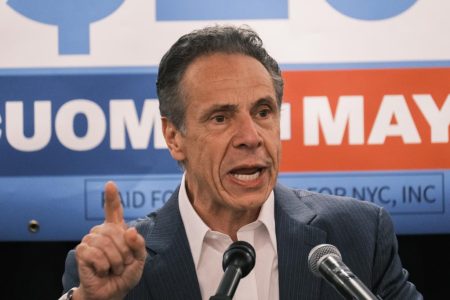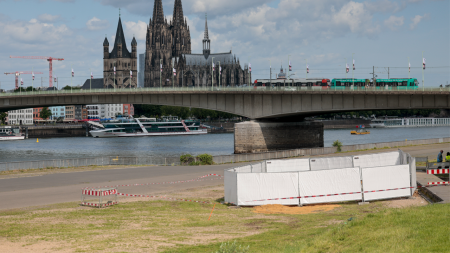The abrupt fall of Bashar al-Assad’s regime in Syria has ushered in a new era of uncertainty, with Hayat Tahrir al-Sham (HTS), a U.S.-designated terrorist group, taking the reins of power. HTS, which previously controlled Idlib Governate in northwest Syria under its self-proclaimed Syrian Salvation Government, now faces the daunting task of governing the entire country. Their previous governance in Idlib offers a mixed bag of successes and failures, leaving many to question their ability to lead a unified Syria and whether they will moderate their Islamist stance or emulate the Taliban’s hardline approach in Afghanistan.
HTS’s rule in Idlib was marked by the establishment of a bureaucratic system and various ministries aimed at providing public services, including public safety. While they achieved a level of administrative functionality, their governance style was often characterized by an iron fist. Reports indicate suppression of dissent, the killing of political activist Raed Fares, and protests sparked by deaths in HTS custody. Although HTS leader Mohammed al-Golani attempted to rebrand the group and distance it from global jihadist elements like al Qaeda, focusing instead on local issues, concerns remain about their human rights record and tolerance for opposing viewpoints.
While HTS displayed an iron fist in dealing with dissent, their governance in Idlib wasn’t entirely monolithic. There were instances of religious minorities, including Alawites, living peacefully under their rule, contrasting with reports of Christians being expelled from the region. Furthermore, al-Golani oversaw a relaxation of strict interpretations of Islamic law, curtailing the powers of the morality police who enforced dress codes for women. This apparent moderation, however, is juxtaposed with documented instances of HTS security forces arresting, torturing, and killing individuals under the guise of Sharia law enforcement.
The current situation in Syria presents a complex power vacuum following Assad’s ouster. The competition for control and influence creates an unstable environment ripe for exploitation by various factions. The U.S. and the West face the challenge of mitigating risks and ensuring a more stable and peaceful future for Syria while grappling with the vulnerabilities and potential dangers posed by each potential governing group. The transition from Assad’s rule to HTS control requires careful navigation to prevent further destabilization and humanitarian crises.
HTS’s swift takeover involved promises of protecting the rights of all Syrians, regardless of faith or ethnicity, and safeguarding Shia religious sites. Upon entering Damascus, al-Golani ordered his fighters to refrain from attacking government ministries and worked with former Prime Minister Muhammad Ghazi Al-Jalali to maintain essential government functions. These actions project an image of stability and continuity, potentially aimed at garnering both domestic and international support. However, the group’s past actions and affiliations raise questions about the sincerity of these promises.
Al-Golani, who carries a $10 million U.S. bounty on his head, appears intent on presenting a more moderate image, distancing himself from the radical Islamism that defined his years fighting in Syria and Iraq, including against American troops. His past includes detention by the U.S. military, leading Jabhat al-Nusra, and pledging allegiance to al Qaeda leader Ayman al-Zawahiri, ties he officially severed in 2016. Despite criticisms that this break was merely cosmetic, al Qaeda’s condemnation of HTS suggests a genuine rift. HTS actions in Idlib, targeting rival Islamist groups like Ahrar al-Sham and Hurras al-Din, along with groups linked to al Qaeda and ISIS, further complicates the picture. The U.S. and its allies, facing the challenge of combating terrorism and preventing Syria from becoming a safe haven for extremists, will likely require assurances from HTS, similar to negotiations with the Taliban in Afghanistan, before granting any recognition. Direct contact between the U.S. and HTS, confirmed by Secretary of State Antony Blinken, and HTS’s pledge to cooperate in the search for missing American journalist Austin Tice, offer a glimmer of potential cooperation, but skepticism remains high. The U.S. and U.K. are considering removing HTS from their foreign terrorist lists, a crucial step for the group’s international legitimacy, contingent on demonstrable changes in their behavior and adherence to international norms. This includes establishing a clear roadmap for reform and addressing concerns about their past actions. The future of Syria hinges on HTS’s ability to transform from a designated terrorist group to a credible governing body capable of fostering stability and respecting human rights.




![Islamist Governance in Syria: An Assessment of HTS Administration in [Province Name]](https://newsytribune.com/wp-content/uploads/2024/12/ap24339791707150-scaled-1024x683.jpg)





